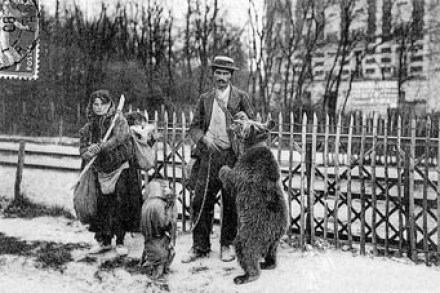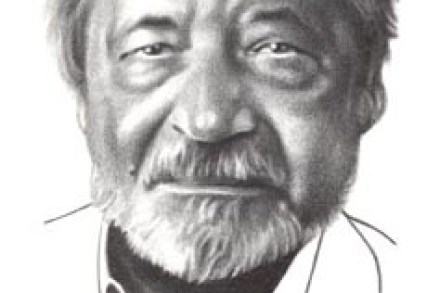Our new puppet-masters
This book is about large-scale organised crime. The Sicilian mafia was the prototype which gave its name to a whole class of criminal activity. Hence Misha Glenny’s title. But he is not much concerned with these declining mastodons of the international crime scene. The focus of the book, and its main strength, is its coverage


